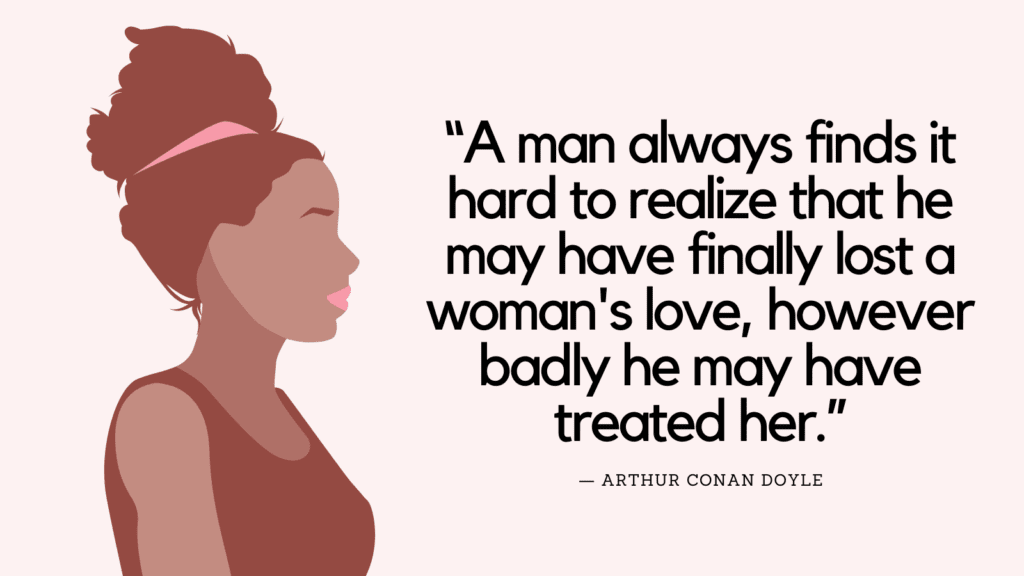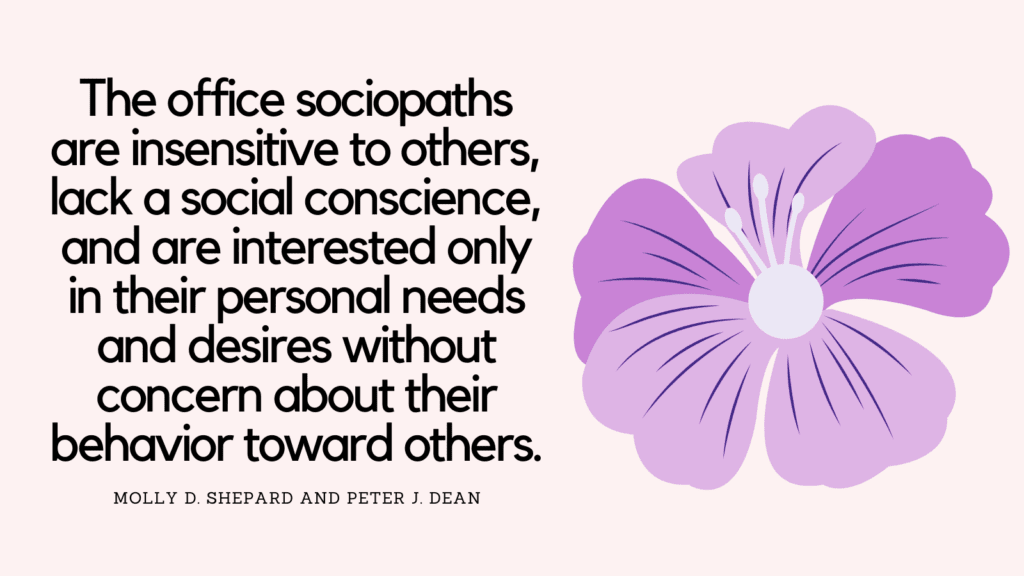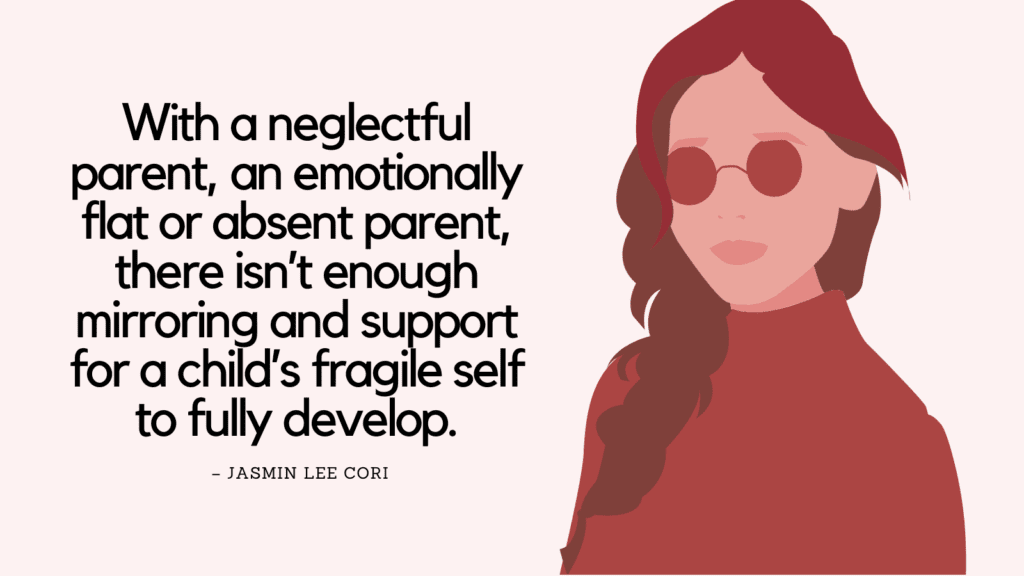This post contains some of the best mistreating others quotes.
Mistreating Others Quotes
1. “A man always finds it hard to realize that he may have finally lost a woman’s love, however badly he may have treated her.” ― Arthur Conan Doyle
2. “Instead of treating your child like how you were treated. Treat them with the same love and attention you wanted from your parents while growing up.” ― Jonathan Anthony Burkett
3. “Woe to the man who offends a small child!” ― Fyodor Dostoyevsky
4. “I look at the world around me and I see that many of Adolf Hitlers dreams have come true: Weapons of mass destruction, huge rockets, surveillance of the masses, world domination, mistreatment of the poor, sick and elderly, to name just a few.” ― Steven Magee
Related: Can Abusers Change? Top 17 Myths About Abusive Men That Make Women Stay With Abusers
5. “Never, ever mistreat someone who loves you. Because you’re not entitled to that love.” ― Caroline Myss
6. “Everyone makes a greater effort to hurt other people than to help himself.” ―Alexis Carrel
7. “Abuse is the weapon of the vulgar.” ―Samuel Griswold Goodrich
8. “The same ones you mistreated you’ll realize you needed.” ―Bobby Acres
9. “When one person intimidates, hurts or continually puts down the other person, it’s abuse whether it is physical/emotional/mental or verbal.” ―Janice Romney Farnsworth
10. “I classify emotional and verbal abuse as the ‘silent killer’ that nobody sees.” ―Erica David
11. “If you are being abusive, you need strategies to help you catch yourself in the act and find healthier ways to cope with stress, anger, disappointment, insecurity, and shame.” ―Beverly Engel
Related: How To Overcome Entitlement Mentality? Top 3 Proven Ways To Stop Being Entitled
12. “When you have abusive expectations, you place unreasonable demands on your partner. For example, expecting a partner to put aside everything in order to satisfy your needs, demanding a partner’s undivided attention, demanding constant sex, or requiring a partner to spend all of his or her time with you are all examples of abusive expectations.” ― Beverly Engel
13. “The mistreatment of the disabled by the corrupt government is obscene.” ― Steven Magee
14. “And I concluded that every spilled blood nourishes hatred and mistreats the soul.” ― Efrat Cybulkiewicz
15. “Mercilessness leads to mistreatment.” ― Lailah Gifty Akita
16. “A partner with abusive expectations can never be pleased because there is always something more you could have done. You are likely to be subjected to constant criticism and to be berated because you don’t fulfill his or her needs.” ― Beverly Engel
17. “Even constant complaining is not necessarily emotionally abusive unless it is destructive and the intent is to make one’s partner feel bad about herself or himself.” ― Beverly Engel
18. “Many experts would add that another way of deciding if a behavior is emotionally abusive is whether or not it is intentional. In fact, when most clinicians refer to emotional abuse, they usually mean intentional abuse. While some partners deliberately use words, gestures, silence, or scare tactics to manipulate or control their partner, many do so without conscious intent.” ― Beverly Engel
19. “Many abusers are totally unaware that their attitude and/or behavior is abusive. This doesn’t, however, make their behavior any less destructive or damaging to their partner or the relationship.” ― Beverly Engel
20. “Even those who are aware they are being abusive often do so in a desperate attempt to gain a feeling of control in their lives. Add to this the fact that we can all become emotionally abusive given the right circumstances, and we can see that emotional abusers are not necessarily horrible people at all.” ― Beverly Engel
21. “Most people who emotionally abuse others were themselves emotionally abused and are merely reenacting what was done to them. However, this doesn’t make their actions, attitudes, or words hurt any less nor does it make them any less damaging.” ― Beverly Engel
22. “To complicate things, sometimes we become emotionally abusive because we love our partners so much or because we are insecure. This is particularly true of those who “love too much” and those who tend to lose themselves in their relationships. Sometimes our love becomes distorted by our feelings of insecurity and our fear of abandonment.” ― Beverly Engel
23. “Even intentional emotional abuse is not always malicious. In the heat of passion we are all guilty of wanting to hurt our partner. If our partner has hurt us, we want him or her to hurt, too.” ― Beverly Engel
24. “Sometimes individuals or couples become confused about whether or not they are in an emotionally abusive relationship because their particular relationship doesn’t resemble those described by other books or by other experts on emotional abuse.” ― Beverly Engel
Related: Narcissistic Relationship Pattern (+ 14 Tips On How To Deal With Narcissistic Relationship Patterns)
25. “In intimate relationships it isn’t always clear who is emotionally abusing whom. Some abusive partners are masters at deflecting blame and turning things around.” ― Beverly Engel
26. “Sometimes one partner will deliberately set the scene so that his partner will lose her temper and be made to look like the abusive one. At other times it is done unconsciously, as when one partner’s behavior is so hurtful or disrespectful that the other person becomes enraged and even out of control.” ― Beverly Engel
27. “Although there is never an excuse for abusive behavior, when a person is pushed to the limit, it is difficult to not retaliate in kind.” ― Beverly Engel
28. “Some individuals have what can be considered to be an “abusive personality.” Although they can be somewhat charming at times and can sometimes manage to put on a false front in public when it is absolutely necessary.” ― Beverly Engel
29. “Many people are simply unaware that their behavior is abusive. If he is young or has little or no experience in a long-term relationship, he may simply be repeating one or both parents’ behavior without being aware of how it affects his partner.” ― Beverly Engel
30. “No one wants to admit that he or she has been emotionally abusive. No one wants to admit that because of his emotionally abusive behavior, his partner and his relationship have suffered.” ― Beverly Engel
Related: The Narcissist’s Prayer Explained
31. “Even though you may know in your heart that it is true—that you are emotionally abusive—admitting it to yourself may cause you to feel such overwhelming guilt and shame that you find yourself repeatedly pushing the truth away and going back into denial.” ― Beverly Engel
32. “We become more and more angry and more and more demanding as time goes by, until our expectations become abusive. At the same time we are emotionally abusing our partner with our demands and unreasonable expectations, we feel victimized. Since we believe it is our partner’s role to make up for what we didn’t get as a child, we feel cheated and unloved.” ― Beverly Engel
33. “Ironically, those who become abusive often have a more difficult time admitting they were neglected or abused than do those who are being abused.” ― Beverly Engel
34. “Those who become abusive as a way of coping are particularly prone to becoming desensitized to their feelings. For this reason, it may be difficult for you to recapture these lost feelings and make them your own. But if you are to recover from your childhood and put an end to your abusive behavior, this is exactly what you must do.” ― Beverly Engel
35. “While it is difficult to admit to yourself that you have been emotionally abusive, admitting it to your partner may seem impossible.” ― Beverly Engel
Related: How To Break The Cycle Of Abuse? Top 10 Powerful Strategies To Stop Being An Abusive Person

How to Set Healthy Boundaries?
Setting healthy boundaries is essential for maintaining your well-being and fostering healthy relationships. Here are some scientifically supported suggestions to help you set and maintain healthy boundaries:
1. Know Your Values: Understand your values, needs, and priorities. This self-awareness will provide a foundation for setting boundaries that align with your values and help you determine what you are comfortable with.
2. Clearly Define Your Boundaries: Clearly communicate your boundaries to others in a respectful and assertive manner. Be specific about what behaviors or actions are acceptable and unacceptable to you.
3. Practice Self-Care: Prioritize self-care to ensure you have the mental and emotional resources to maintain and enforce your boundaries. Taking care of yourself physically, emotionally, and mentally will strengthen your ability to set and uphold boundaries.
4. Learn to Say No: It’s important to say no when something doesn’t align with your values or priorities. Practice saying no without feeling guilty or obligated to please others.
5. Manage Guilt and Fear: Recognize that it is natural to feel guilty or afraid when setting boundaries, especially if you are not accustomed to doing so. Remind yourself that setting boundaries is necessary for your well-being and that it is not selfish.
6. Seek Support: Surround yourself with supportive and understanding individuals who respect your boundaries. Having a network of people who encourage and validate your boundaries can make it easier to enforce them.
7. Practice Empathy: While setting boundaries, it’s essential to empathize with others’ feelings and perspectives. Strive for a balance between your own needs and the needs of others, finding compromises wherever possible.
8. Self-Reflection: Regularly reflect on your boundaries and assess whether they align with your evolving needs and values. Adjust and communicate boundaries as necessary to maintain healthy relationships and personal well-being.
Setting boundaries is a ongoing process. It takes practice to become comfortable with them, but doing so will ultimately enhance your self-esteem, improve your relationships, and protect your mental and emotional health.



